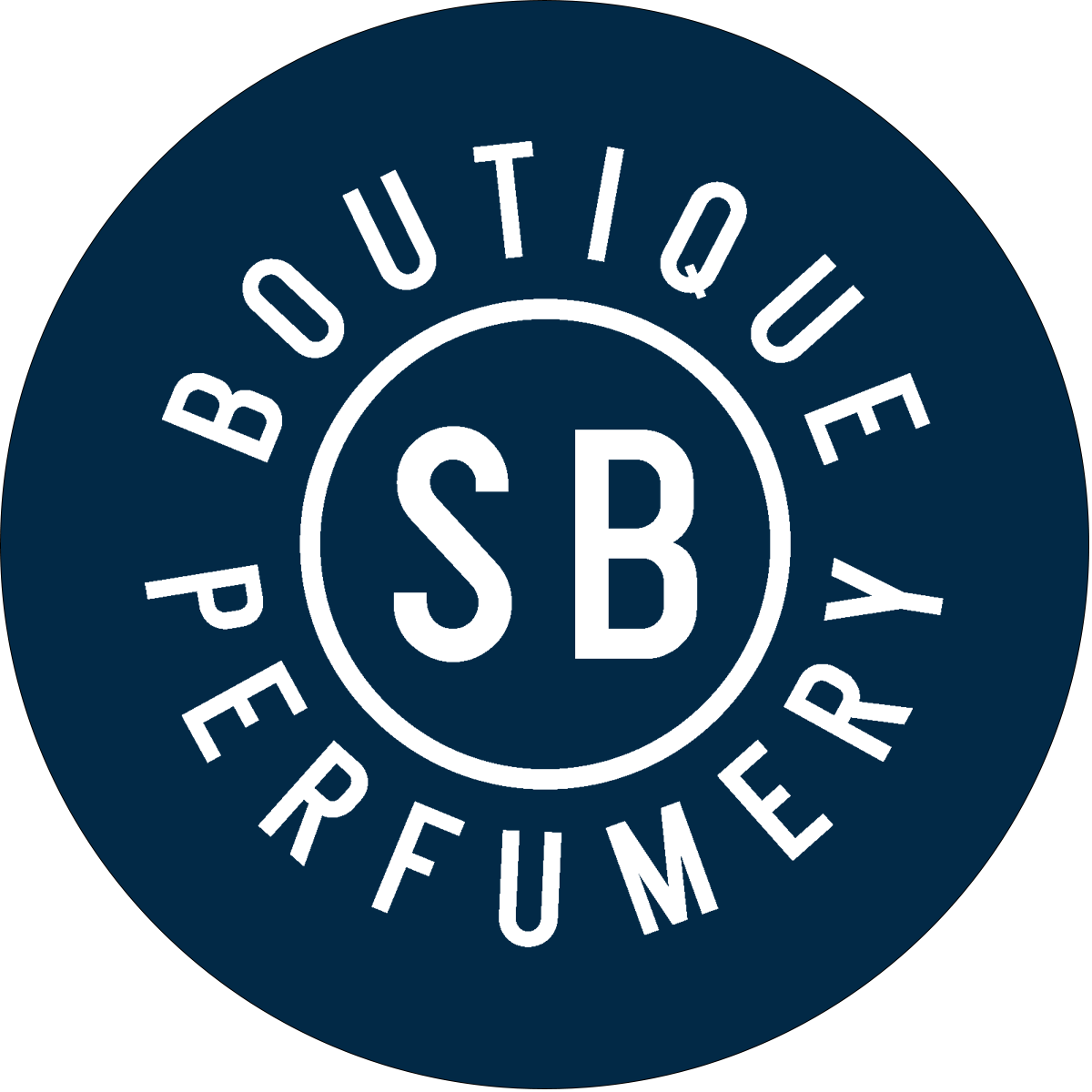

 Welcome to...
Welcome to...We believe you are trying to shop from the following location: Rest of the world
To enjoy low cost shipping and local currencies please allow us to redirect you to our local store.
Free samples on orders over $90
Choose 3 for $65 or 5 for $95
Choose 2 from $150
Choose 2 for $30

World Vegan Month is celebrated annually in November. This month, plant-based eaters from across the globe come together to celebrate their cruelty-free lifestyle. So, what exactly defines a vegan? Veganism is a way of life that excludes all forms of cruelty to animals for food, products, or any other purpose. There are many different ways to embrace the vegan lifestyle, but the underlying “rule” is to eat a plant-based diet. Vegans also go a step further than just avoiding meat; they also avoid fish, dairy, eggs, and honey, as well as products like leather or fur.
In recent years veganism has become more than just your diet and ha branched out into all different walks of life with brands selling vegan leather shoes and bags - usually made from products such as pineapple - to beauty products and of course as we sell at Shay and Blue fragrance.
While vegetarians choose not to eat animals, vegans also avoid eating dairy, eggs, and honey as well as not wearing fur, leather, wool, down, or using cosmetics or chemical products tested on animals.
 Photo by Brooke Lark on Unsplash
Photo by Brooke Lark on Unsplash
Why vegan? Veganism, the natural extension of vegetarianism, is an integral component of a true cruelty-free lifestyle. Living vegan provides numerous benefits to animals’ lives, to the environment, and to our own health–through a healthy diet and lifestyle.
To save the animals. Vegans do not appreciate the treatment of animals on farms, nor the killing of the animals as soon as their production rates decrease.
For the environment. Animal agriculture takes a toll on the earth by contaminating aquatic ecosystems, soil, and more.
For their own health. Research shows that consuming animal fats and proteins is linked to heart disease, colon and lung cancer, diabetes, obesity, and other debilitating conditions. Going vegan treats/reverses health conditions you may already have. Many experts say a plant-based diet is often more effective than medication, or even medical procedures when it comes to treating diseases. Sticking to a plant-based lifestyle also helps you get healthier, and stay that way. Vegans are the only group of people who average a normal and healthy BMI (body mass index) because they do not eat animal products that are calorie-dense.
For your wallet. Swapping meat and dairy for cheaper protein sources, like beans, pulses, legumes and whole grains will do wonders for your bank balance. You can try amazing new meals! There are more than 20,000 kinds of edible plants in the world. Believe it or not, prepared with the right spices and side dishes, these plant-based meals are delicious and satisfying. t’s never been so easy to be vegan. These days, most supermarkets have entire sections devoted to the vegan lifestyle, including meat replacement options and delectable desserts.
The vegan trend is impacting more than just food, with a growing demand for natural beauty products pushing brands to think outside of the box
Like we have seen with the fast-growing demand for plant-based food, there is a shift in behaviour happening in the beauty space, with vegan cosmetics becoming ever more popular with ethically-conscious consumers.
Sales of vegan beauty products in the UK grew 38% in 2018, with research from The Vegan Society finding more than half (56%) of Brits now adopt vegan buying behaviours such as only purchasing vegan products and checking their toiletries are cruelty-free.
Meanwhile, Google searches for ‘vegan beauty’ in the UK have doubled every year since 2012. Globally, there has been a 175% increase in vegan cosmetics launches over the past five years.
All the signs point to a trend that shows no signs of abating. As such, we are seeing brands experiment and innovate to keep up with consumer demand, while new players come in and disrupt the market entirely.
Many vegan brands are, by their very nature, ‘cruelty-free’. But whereas ‘cruelty-free’ refers to products that haven’t been tested on animals, ‘vegan-friendly’ means they do not contain any kind of animal by-product such as beeswax, milk, egg whites, honey, lanolin, collagen or horse hair, which are some of the most common ingredients used in cosmetic products.
Thankfully, awareness of vanity animal testing has grown significantly over the years, leading to many consumers turning their backs on unethical retailers or, in best case scenarios, brands changing their ways entirely. (Apart from in China, where it is the law that cosmetics are tested on animals.)
But now consumers are becoming much more aware of what’s going into the products they buy and this is having a direct impact on purchase behaviour and product development.
 Photo by Noah Buscher on Unsplash
Photo by Noah Buscher on Unsplash
A number of brands and ranges on the high street are already entirely vegan, such as Superdrug’s B Beauty range, Original Source, cosmetics brand e.l.f and men’s skincare brand Bulldog.
And of course, vegan products have been available for many years. But whereas they were once confined to specialist shops, they are now filtering onto the high street, and brands old and new are making a conscious effort to market them more clearly – whether through official certification, signage or product labelling.
Boots, which is growing its vegan portfolio as part of its strategy to revamp the high street beauty experience and compete with the rise of online pureplays, has installed signposts in some of its larger stores directing customers to vegan products, while an online vegan beauty edit features almost 500 products.
It might cost more or take some time to find the right product, but if the option to be kinder to animals, their welfare and the environment is there, why wouldn’t you?
Like this article? Sign up to our newsletter to get more delivered straight to your inbox
_____________
References:
https://vegan.org/about-veganism/
https://nationaldaycalendar.com/vegan-month-november/
https://www.marketingweek.com/how-conscious-consumers-are-driving-vegan-beauty/
The Sunday Scroll: Music as a Personality Trait
The Sunday Scroll: Internet Is Obsessed With Soft Power
The Sunday Scroll: Awards Season as a Mood
Customer service
Talk to us via chat. 9-5pm EST. Wed - Sun
Fast Free Shipping
Get free shipping on orders of $100 or more
New Customers
New customers can enjoy 10% off their first order.
Secure payment
Your payment information is processed securely


Share:
Has Wearing A Mask Affected How We Wear Fragrance?
The Difference Between Fragrance Free And Unscented